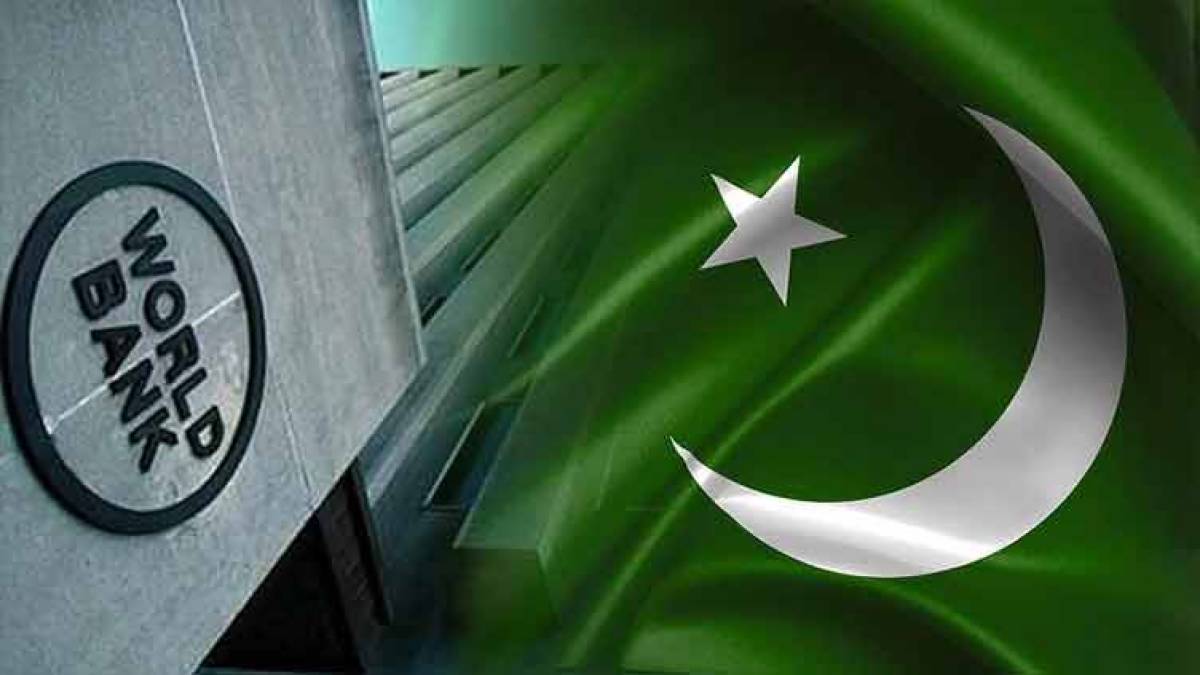- Web
- Feb 05, 2026
World Bank approves $102 million for Pakistan under RAM project
-

- Khurram Iqbal
- Mar 19, 2025

ISLAMABAD: The World Bank has approved a loan of $102 million for Pakistan, to be further disbursed as microcredit and microfinance. The funding comes as part of the Resilient and Accessible Microfinance (RAM) Project, which is aimed at enhance access to microcredit and support the resilience of the microfinance sector and its borrowers, particularly in the face of climate-related shocks.
Purdue Pharma files new bankruptcy plan for USD7.4 billion opioid settlement
World Bank Country Director for Pakistan Najy Benhassine said in a statement, “Microfinance is a critical tool for supporting the livelihoods of vulnerable populations in Pakistan. This project will help strengthen the resilience of the microfinance sector, particularly in the face of growing climate risks, ensuring that the sector can continue to provide essential financial services to those who need them most, especially in rural areas”.
The World Bank estimates that the RAM Project will benefit approximately 1.89 million people, including more than one million women and over 350,000 youth, especially those in vulnerable and low-income rural communities. Offering financial resources to microfinancing institutions will also assist in provision of services during climate-induced financial pressures.
“The project will provide increased access to microcredit for individuals and small businesses, providing them ‘recovery loans’ to help them gain financial stability,” the WB said.
The RAM project was launched by incorporating the lessons learned from 2022 floods. The project especially focuses on small farmers, women and those in rural areas more prone to climate shocks. The project will be implemented by the Ministry of Finance through the State Bank of Pakistan (SBP).
Oil prices dip as Russia agrees to Trump’s proposal on energy infrastructure attacks
A statement released by the WB said that the project also includes the “establishment of a Climate Risk Fund, innovative use of agrotechnology solutions, capacity building for microfinance institutions, and the development of risk management frameworks to enhance the sector’s resilience.”




